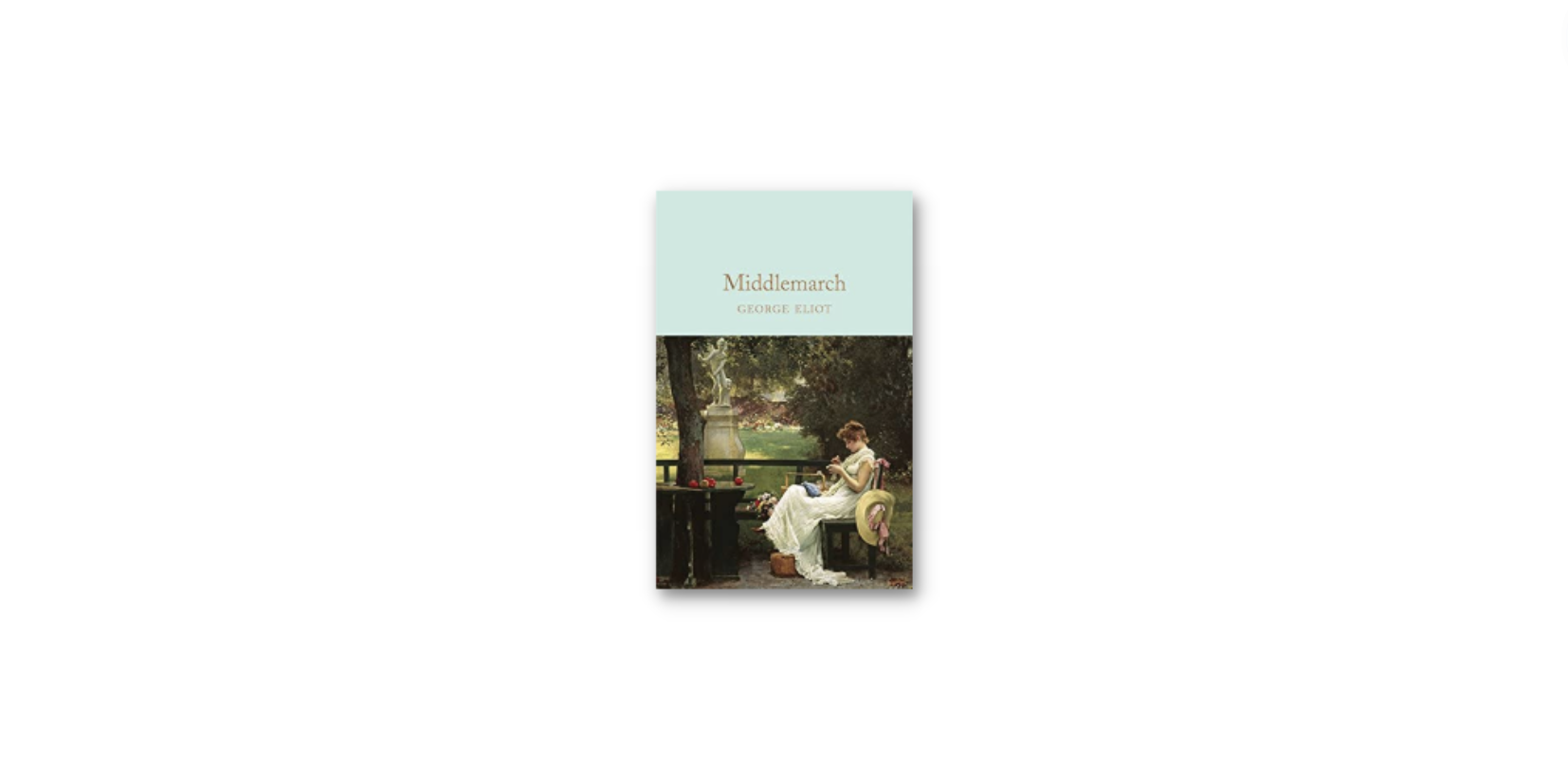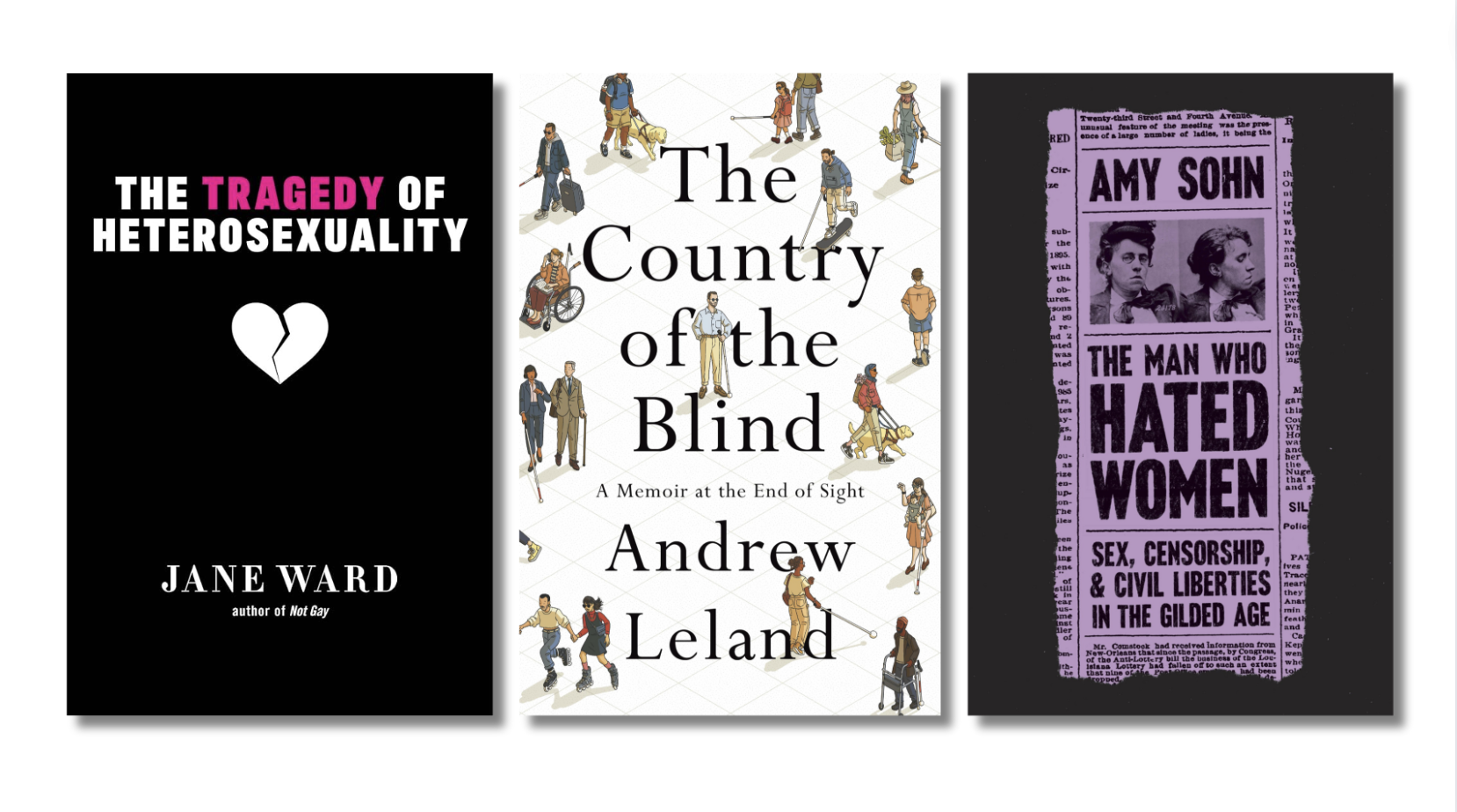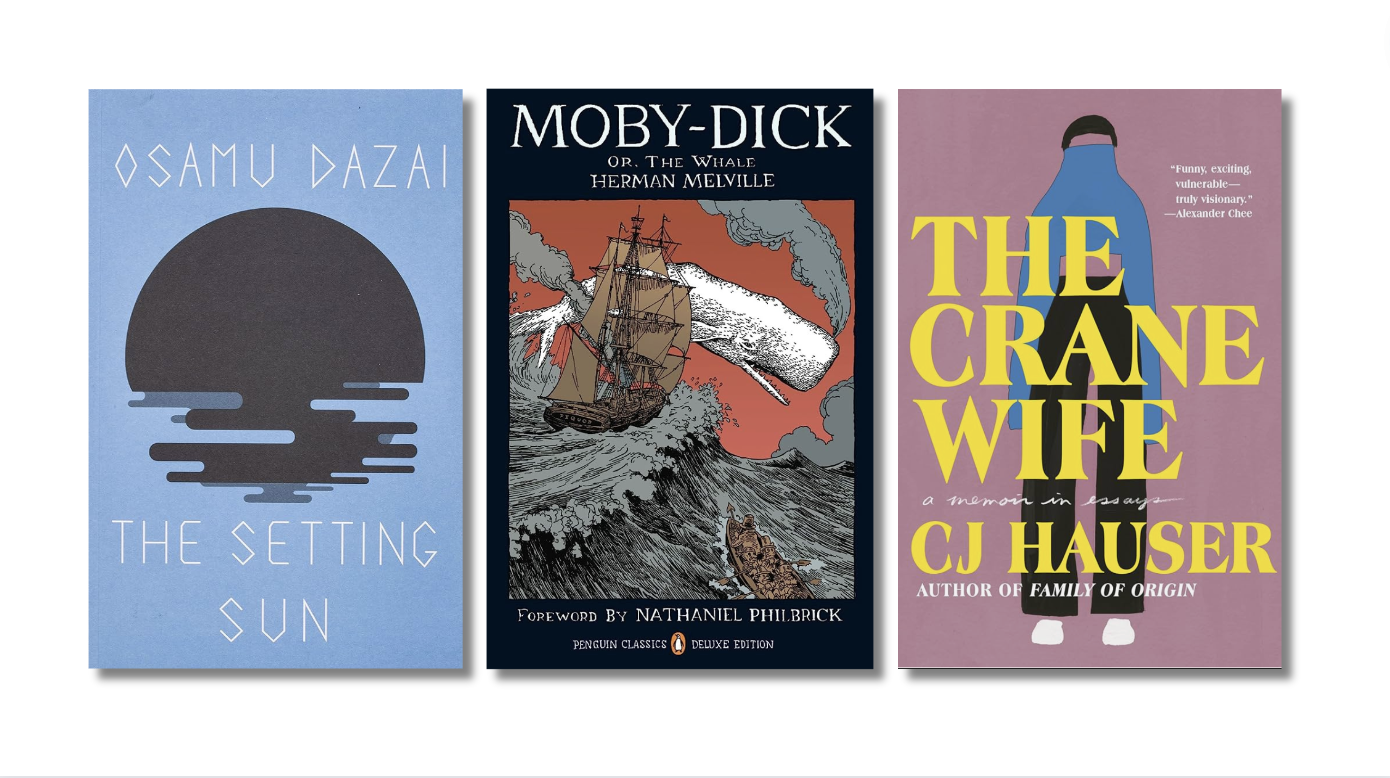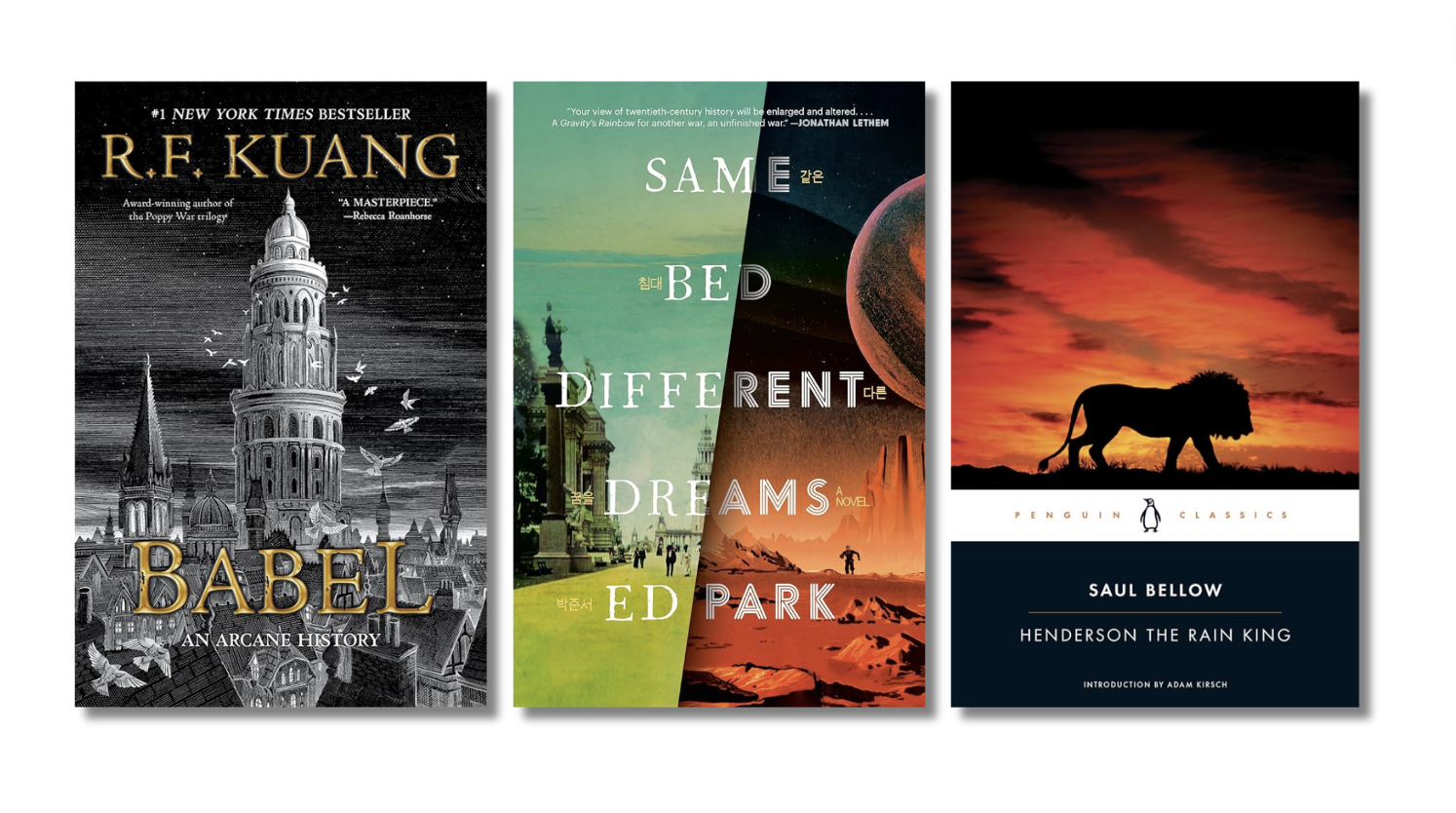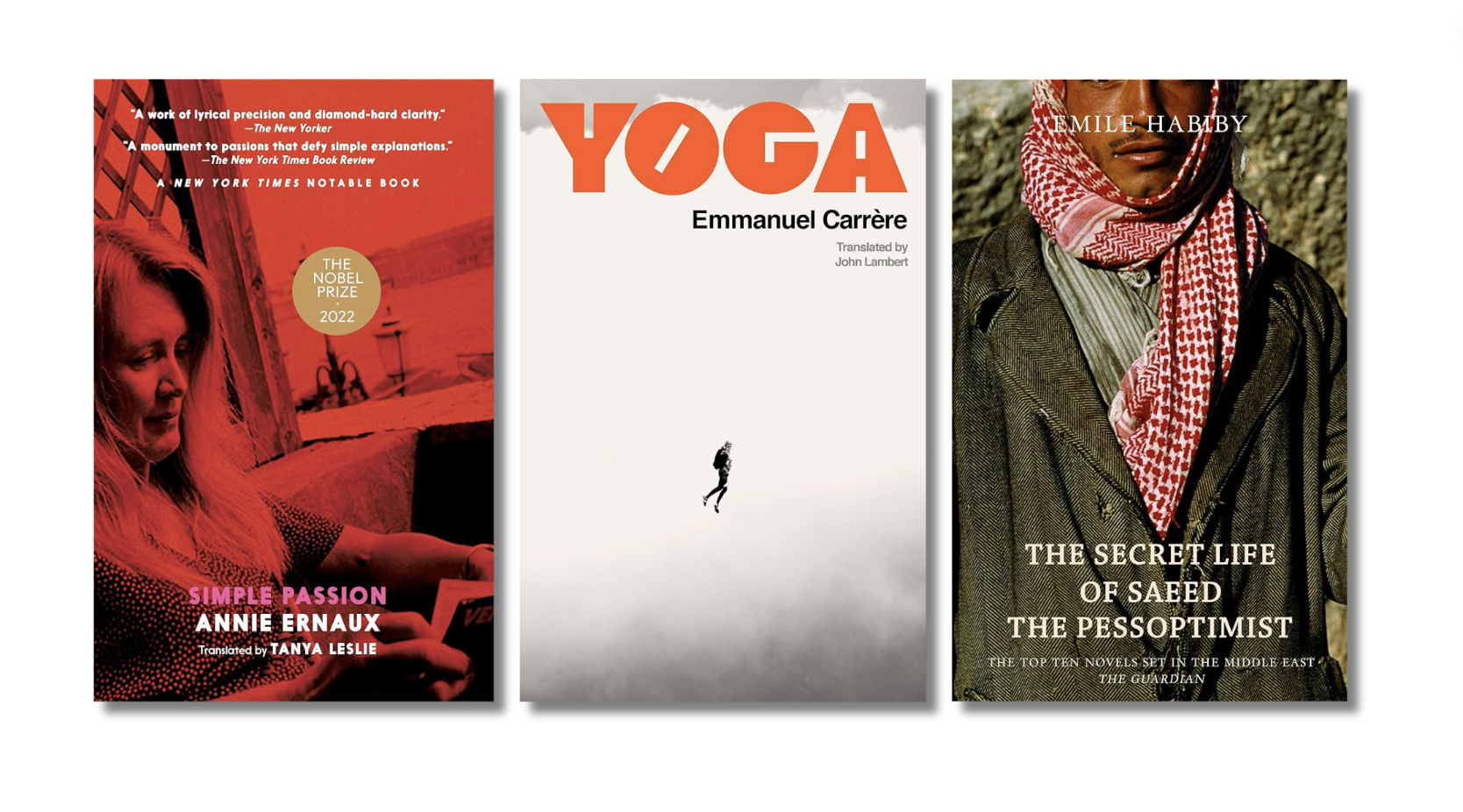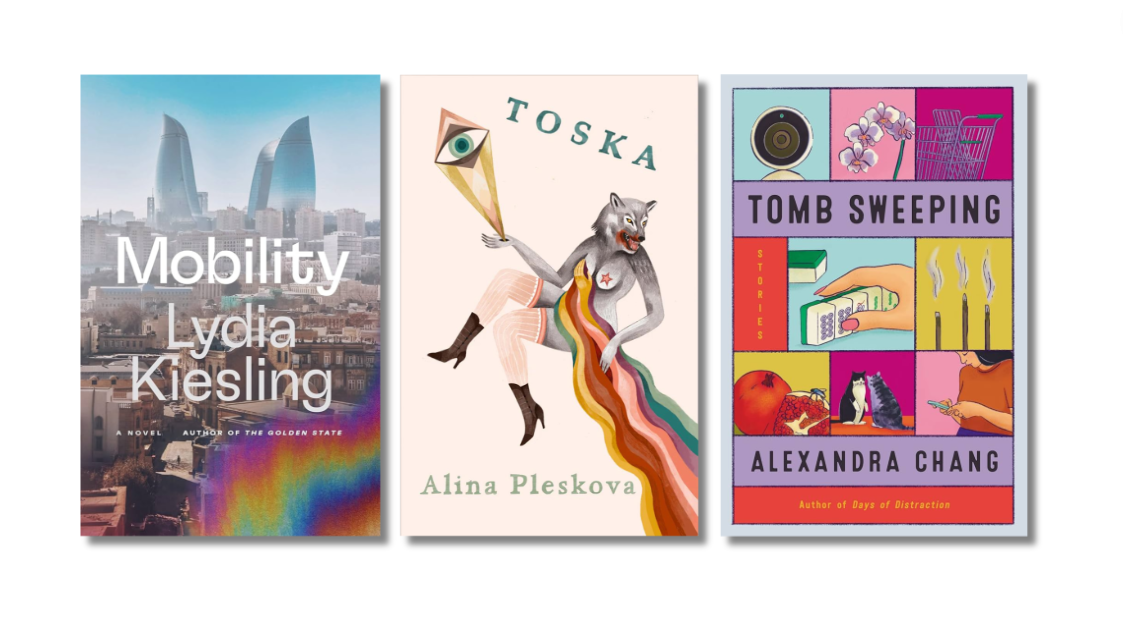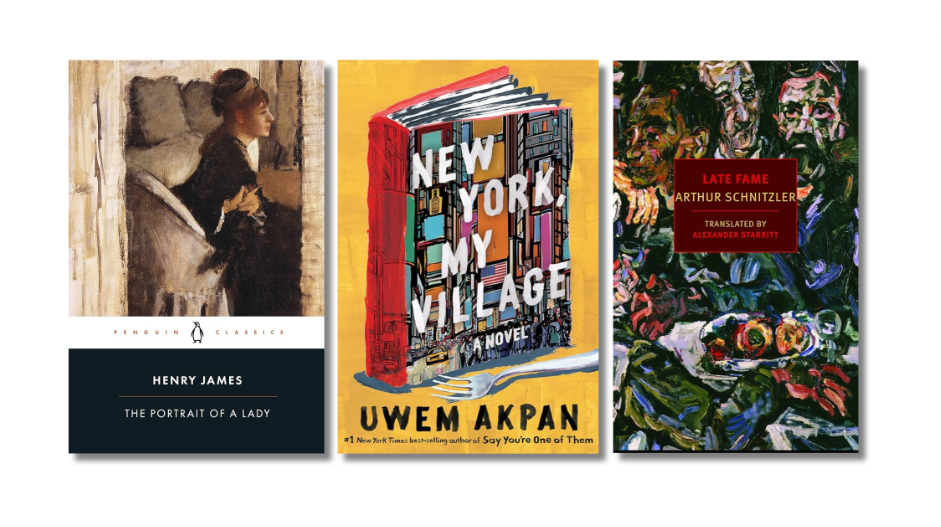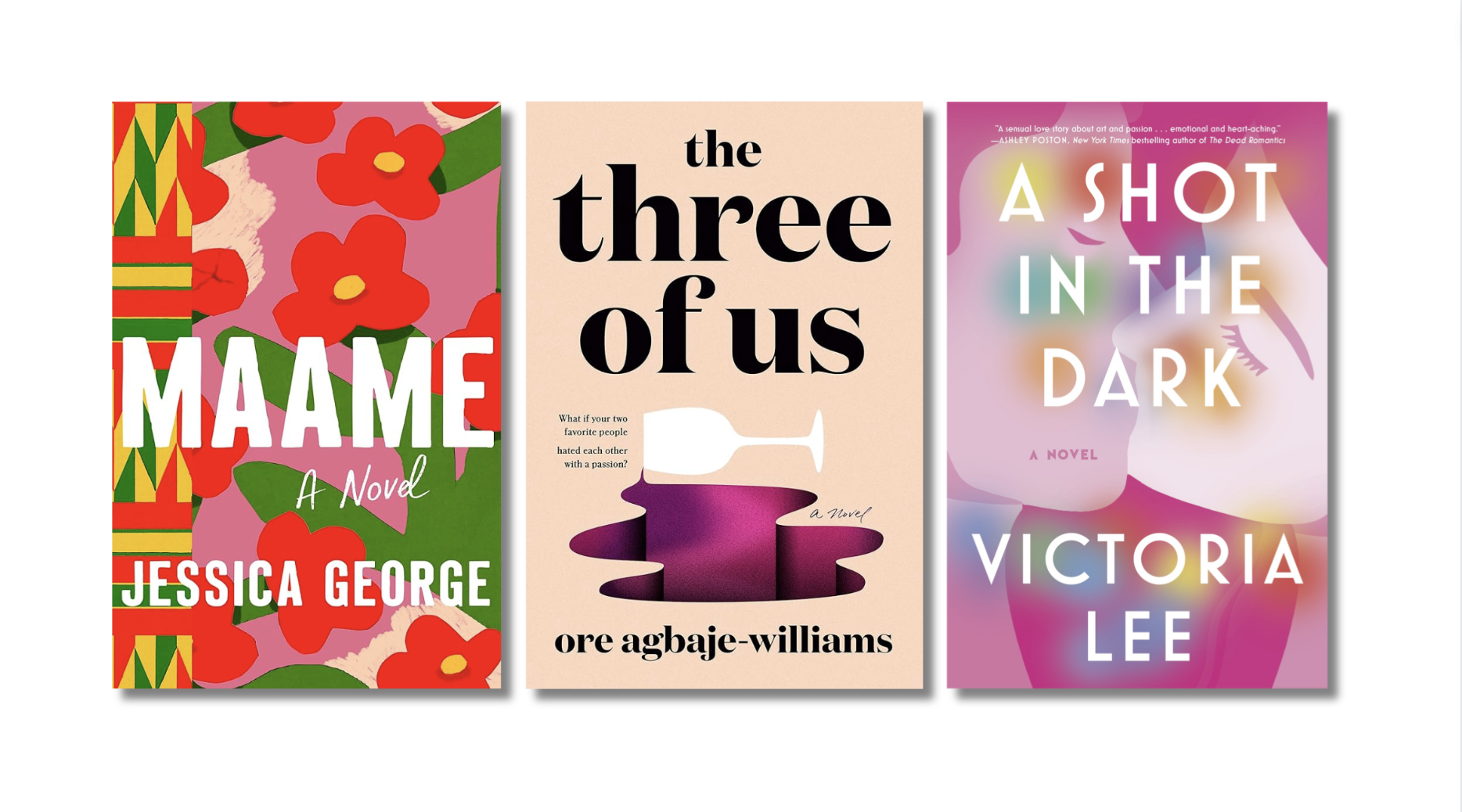This was the year when everything seemed to happen to me. I suppose what I mean is that I underwent seismic changes after a few years when my life felt more or less static, or stable, a slow continuum of things building slowly toward other expected things. Some of the changes this year were quite painful and many were good and some were both—if one can really make those kinds of value judgments, especially with so little distance from them. But either way, things changed; I know already that I will always remember this as the year, or one of the years, when everything seemed to happen.
 I will also always remember, I think, that was the year when I read Middlemarch. I had never especially wanted to read Middlemarch. I had had the opportunity to do so in college and declined. For some reason I believed that it would be a difficult book, something to wrestle with that would surely be intellectually worthwhile, but not something that I would especially enjoy. I read other things instead. But in June, I was at a bar called Billymarks with some people I’d just lost to in a game of softball, drinking (for some reason) Miller High Lifes mixed with Campari, and I started talking to some people who were talking about Middlemarch. An impromptu book club formed. I have also never been in a book club or especially wanted to be in one. But perhaps a book club was something I needed at this time, when for various reasons I was reading far less than usual, and I was missing a certain kind of companionship. So I agreed without much thought to read Middlemarch and like all the best things in life, it was nothing like I thought it would be.
I will also always remember, I think, that was the year when I read Middlemarch. I had never especially wanted to read Middlemarch. I had had the opportunity to do so in college and declined. For some reason I believed that it would be a difficult book, something to wrestle with that would surely be intellectually worthwhile, but not something that I would especially enjoy. I read other things instead. But in June, I was at a bar called Billymarks with some people I’d just lost to in a game of softball, drinking (for some reason) Miller High Lifes mixed with Campari, and I started talking to some people who were talking about Middlemarch. An impromptu book club formed. I have also never been in a book club or especially wanted to be in one. But perhaps a book club was something I needed at this time, when for various reasons I was reading far less than usual, and I was missing a certain kind of companionship. So I agreed without much thought to read Middlemarch and like all the best things in life, it was nothing like I thought it would be.
I contracted not-very-bad-but-still-deeply-unpleasant COVID right when I started the book, so I was stuck in my house during a stretch of gorgeous summer weather, reading between coughing fits and long naps. After 30 pages, I was transfixed, and almost outraged: No one had ever told me that Middlemarch would be very funny! Of course, I overidentified with Dorothea immediately, though I also found something about Celia compelling, underdeveloped, relatable. I took little notes in the margins, like a dutiful student, aware that perhaps I had something to learn about life and love from this book. Recovered, I lugged it to a Fourth of July weekend trip in the Hudson Valley, a weekend which from the vantage of November possesses the sheen of transient summer magic—fireflies, heat lightning, stars, short-lived poignant romance. Of course, I read very little but I left my copy of Middlemarch on the porch and in a flash thunderstorm it got soaked and bloated, completely ruined. I took it as an enigmatic omen to begin again and try harder this time.
Throughout the whole hot, strange, luminous summer I dipped in and out of the book. Book club met on a rainy night. It was warm and cozy and we ate pizza and discussed such questions as: how hot was Dorothea, really? Was Will Ladislaw good enough for her? (“I knew you would be into him,” my friend whispered to me accusingly, when I stood up for him.) Someone else stood up for Lydgate. We talked about the Reform Act, Ivanhoe, George Eliot’s romantic history, the various plots she was writing against and around. As I read on, I found my interest in Dorothea and Will drifting instead toward Rosamond and Lydgate, whose marriage struck me as devastating in its familiarity, who both became sympathetic to me in their bewildered, alienated states. And then finally I found myself caring most about Mary Garth. (I came to hold the opinion—surprising to everyone else in my book club—that Mary’s marriage is one of the great tragedies of the novel.)
I finished Middlemarch in Acadia National Park in Maine, where I had gone in a sort of self-exile, supposedly to work on some writing. But when I arrived some old unhappiness caught up with me, as it always does eventually. I became listless at first and then I passed long hours reading Middlemarch, and when I came to the end, which is in many ways conventionally happy, I was strangely bereft. I went around telling people that Middlemarch is really a book about the dangers of having a crush, or projecting your fantasies onto another person, even if this is an essential fact of love. Maybe I read it that way because this was wisdom I was looking for—because I am always doing that, and I saw myself not only in Dorothea, but a whole host of people caught in varied, variously difficult and wonderful states of love. Is there a point to this whole long story about my year of reading Middlemarch? Only perhaps that the novel provided me with a purpose for a long time that I badly needed, and that like much great art, it served as a convex mirror that refracted something back to me about my own life that was profound and ineffable, something which I could not even really name.
